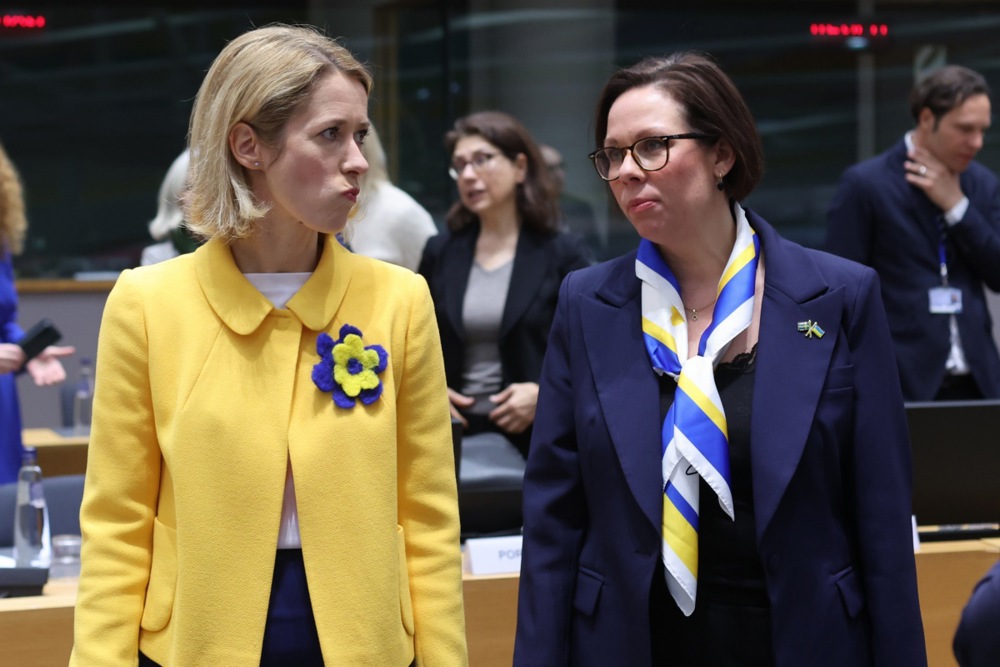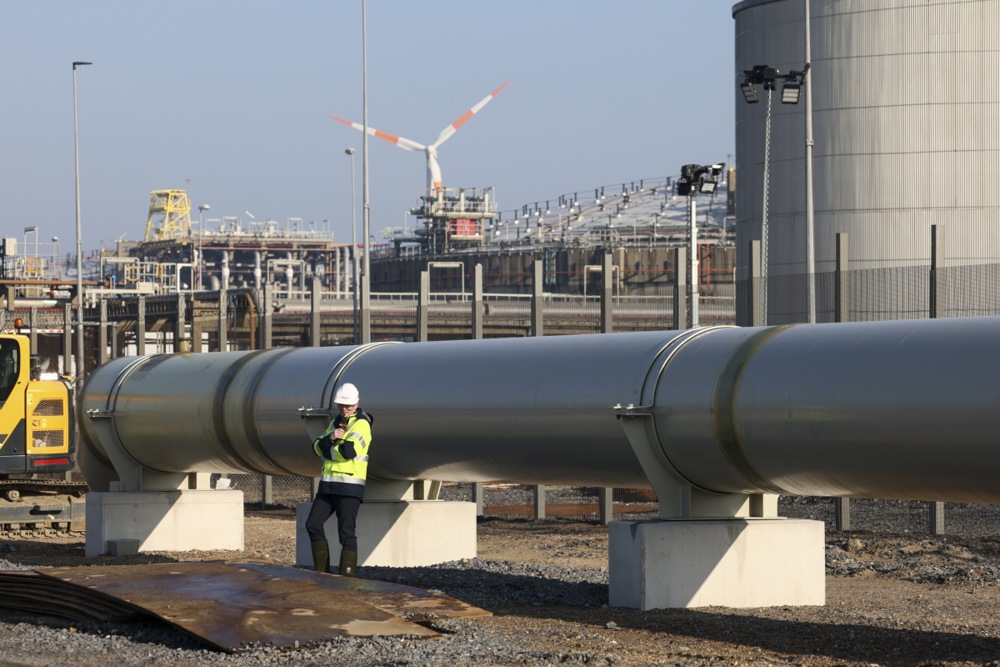The European Union approved its 18th package of sanctions against Russia after months of diplomatic wrangling, with Slovakia having blocked the package due to concerns over its economic impact on Bratislava.
This package announced on July 18 intensifies economic and technological pressure on Russia by targeting its energy revenues, financial sector and sanctions circumvention networks.
“The EU just approved one of its strongest sanctions package against Russia to date,” said the European Commission’s foreign affairs chief Kaja Kallas on X.
She noted that, for the first time, the bloc had sanctioned a flag registry and the biggest Rosneft refinery in India, where Russian state-owned Rosneft has a 49 per cent stake.
It imposes a transaction ban on Russia’s Nord Stream 1 and Nord Stream 2 pipelines, prohibiting EU operators from engaging directly or indirectly in any transactions related to these pipelines.
Transactions with 22 Russian banks were also banned, including the Russian Direct Investment Fund and its subsidiaries.
Financial operators in third countries facilitating sanctions circumvention were also targeted.
Europe introduced a dynamic price cap on Russian oil, 15 per cent lower than the average market price, adjusting the previous $60 per barrel cap to $45 per barrel.
This aimed to further reduce Russia’s oil revenues, a key funding source for its Ukraine war efforts.
An additional 105 vessels, primarily oil tankers in Russia’s so-called “shadow fleet”, have been added to the sanctions list, bringing the total to more than 400 vessels. These measures deny such vessels access to EU ports and services in the hope of curbing Russia’s ability to bypass oil sanctions.
The package included export bans worth over €2.5 billion on critical technology and industrial goods such as machinery, metals, plastics and chemicals, to deprive Russia of resources needed for its war machine.
An additional 22 companies, including entities from Russia, China and Belarus, now faced sanctions for providing direct or indirect support to Russia’s military-industrial complex. This brought the total number of sanctioned entities to more than 800
I welcome the agreement on our 18th sanctions package against Russia.
We are striking at the heart of Russia's war machine.Targeting its banking, energy and military-industrial sectors and including a new dynamic oil price cap.
The pressure is on.It will stay on until…
— Ursula von der Leyen (@vonderleyen) July 18, 2025
Slovakia’s veto had delayed the 18th sanctions package for weeks, frustrating EU leaders.
Its Prime Minister, Robert Fico, appeared to be motivated by strategy, hoping to get concessions from Brussels.
“I am interested in being a constructive player in the European Union, but not at the expense of the Slovak Republic,” he said during the negotiations.
Slovakia signalled conditional support for the new sanctions package, with foreign minister Juraj Blanár stating: “If it doesn’t harm our economy, we’re ready to back it.”
By July 17, Fico had acknowledged that Slovakia could not block the package indefinitely, as the RePowerEU gas phase-out required only a qualified majority, not unanimity.
He secured commitments from EC President Ursula von der Leyen, including guarantees on gas supply stability, price controls and crisis mechanisms.
This shift followed intense bilateral talks between Brussels and Bratislava, including an EC expert mission to Slovakia to explore energy diversification and mitigate price volatility.
Since returning to power in 2023, Fico has often criticised EU sanctions as “idiotic” and prioritised Slovakia’s energy security and economic stability.
His government argued that sanctions disproportionately harmed smaller economies such as Slovakia, which lacked the infrastructure to transition swiftly to alternative energy sources.
OIL MARKET: EU backs new sanctions package against Russia (the 18th), including a lower oil price cap (likely to be set ~$15 below market prices). Plus more shadow fleet tankers. To be seen the impact: in the past, Moscow has been able to sidestep all sanctions within a few weeks https://t.co/tgsxEr12Yr
— Javier Blas (@JavierBlas) July 18, 2025





